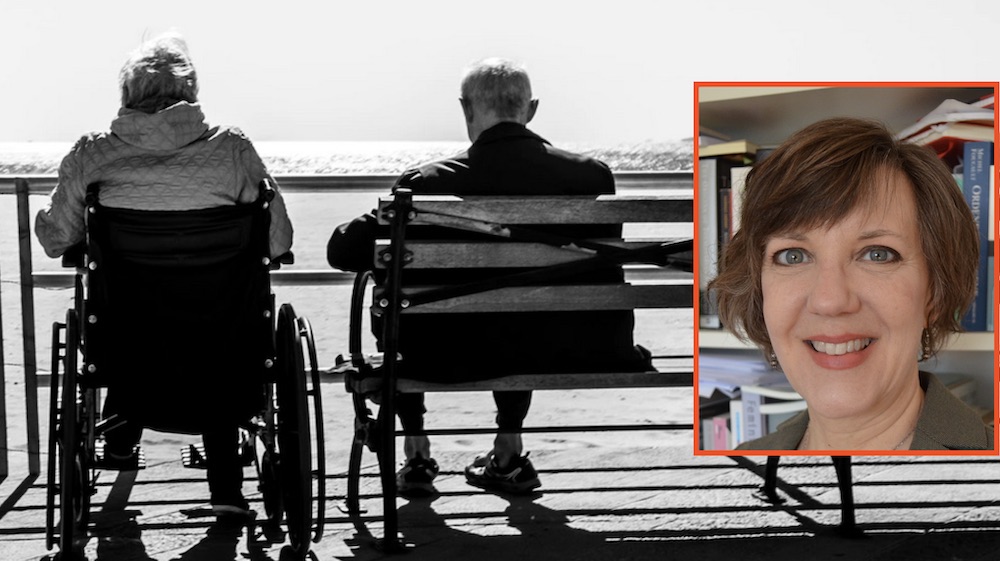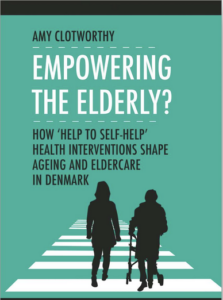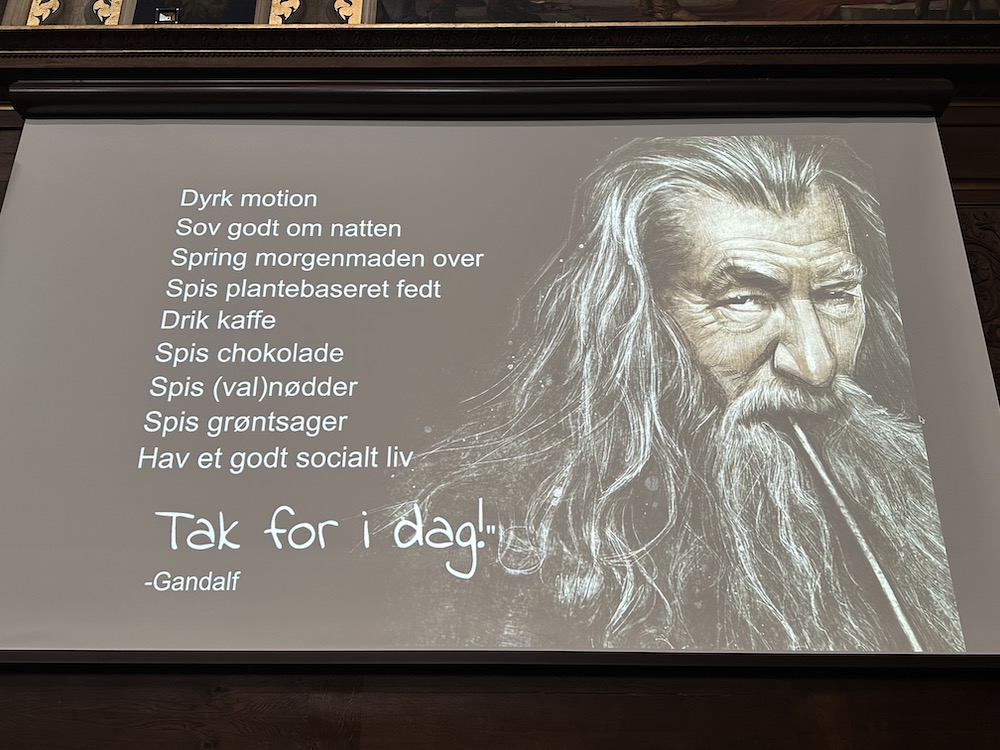
How ‘Help to Self-Help’ Interventions Shape Ageing and Eldercare
In my book from 2020, I provide an in-depth look at the real-life encounters between municipal health professionals and older citizens in a Danish municipality in order to describe how the Danish state’s political goals and individualised health policies influence the provision of in-home health services for the elderly. By investigating how the goal of eldercare in Denmark has shifted from providing help to enabling self-help, I describe how both municipal health professionals and older citizens navigate the political discourses that frame their relational encounter. Specifically, I examine how municipal health professionals are expected to transform elderly citizens into a new type of subject; an individual that can be empowered to fulfil certain objectives of the contemporary state.
I apply a cultural-historical perspective to highlight several significant political, socio-cultural, and economic developments from the 1890s to the present day, which have contributed to the establishment of Denmark’s current public-health initiatives and eldercare services. This includes the recent implementation of specialised reablement or ‘everyday rehabilitation’ programmes, a form of training that is designed to reduce elderly citizens’ expected demand for in-home care, supportive services, and medical treatment, as well as prevent hospitalisations. In order to gain insight into the provision of health services and programmes for the elderly, I conducted 15 months of ethnographic fieldwork in a Danish municipality. During this time, I shadowed and observed the everyday work practices of health professionals from three different departments, following them on dozens of visits to older citizens’ homes as well as during training sessions. I then conducted semi-structured interviews with both the professionals and citizens.
My analysis focuses on the politically-defined 1:1 encounters between municipal health professionals and older citizens in their homes, and I elucidate how home-health visits and reablement programmes for older citizens can be understood as social, material, and cultural interactions that are more than simply sites of health promotion, governmentality, or the dissemination of political rhetoric. A central claim in my work is that the categorisation of later life as a period of poor health and deterioration positions ‘the elderly’ as a high-risk, potentially burdensome sub-group of society. But I argue that this perception has simultaneously become entangled with a positive discourse about healthy ageing and active social engagement to constitute a specific type of citizen: a ‘limited yet limitless’ ageing consumer. My conceptualisation of this term refers to an older person who may be limited by certain physical afflictions yet still has limitless potential and value as a productive member of society. The analysis highlights how municipal health professionals try to engage this ideal type, as well as how they interpret and experience the political discourses that frame the health encounter.
 This book contributes new insight into how the Danish state’s emphasis on individual responsibility impacts both municipal health professionals and older people. Based on my investigation, I suggest that a political discourse that focuses on individual responsibility, physical activity, and independence contains an entangled complexity that has implications for all of the actors involved. I conclude that a more caring response to neoliberal conceptualisations about individualism and self-responsibility could produce an alternative form of empowerment; a form of collaboration and connectivity that could have a positive effect on both ageing citizens and health professionals – and ultimately, perhaps, on other social actors and society-at-large.
This book contributes new insight into how the Danish state’s emphasis on individual responsibility impacts both municipal health professionals and older people. Based on my investigation, I suggest that a political discourse that focuses on individual responsibility, physical activity, and independence contains an entangled complexity that has implications for all of the actors involved. I conclude that a more caring response to neoliberal conceptualisations about individualism and self-responsibility could produce an alternative form of empowerment; a form of collaboration and connectivity that could have a positive effect on both ageing citizens and health professionals – and ultimately, perhaps, on other social actors and society-at-large.
Photo: Unsplash.com

